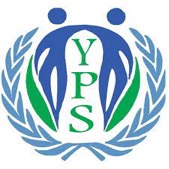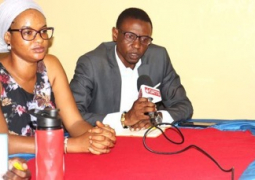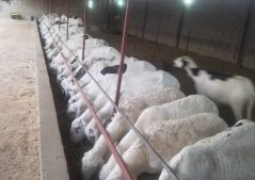
Africa, with The Gambia as a key indicator, remains the world’s youngest continent with a median age of 19.7 years.
By 2050, one in three young people will live in sub-Saharan Africa. Still, 80-90 per cent of African workers are still engaged in the informal sector. Each year, 10-12 million African youths enter the labour market but only three million formal jobs are created annually.
Faced with staggering youth unemployment and widespread dissatisfaction with the performances of their governments, young Africans are growing restless.
This restlessness is manifested in the form of increasing tensions between an entrenched patronage-based, autocratic political leadership and an expanding, increasingly educated and connected cohort of youth demanding reform and greater political openness.
Without a path for reform, youth will despair, and conditions will further deteriorate, possibly leading to more instability and conflict. Yet, most African youth have not chosen the path of violence.
Many have been leading the record numbers of protests seen across Africa in recent years.
This raises the question of how youth can meaningfully and constructively engage in their countries, pushing for reforms and improved security. Following are some of the existing initiatives instigated and led by young Africans that aim to channel the energy and passion of African youth towards positive impact.
Despite this array of challenges, African youth are engaged in a variety of activities aimed at resolving these conflicts and building greater social cohesion. These efforts have harnessed the talent and creativity of African youth and channelled them to rebuild social ties, encourage dialogue, and facilitate healing and reconciliation.
In the Democratic Republic of the Congo, which has faced decades of conflict and political instability, young people are at the forefront of efforts to mend social ties. The National Partnership of Children and Youth in Peacebuilding (NPCYP), a conglomerate of Congolese organizations based in Goma, is using arts to promote peace and coexistence. Located in the restive North Kivu Province, Goma has seen unrelenting levels of political violence since the 1994 Rwandan genocide.
Despite this inhospitable environment, NPCYP has been harnessing arts not only to build peace and encourage healing but also to empower young people who have endured the bitterness of conflict and its associated trauma.
The initiative involves musicians, poets and artists to creatively express themselves, providing the basis for discourse.
These efforts have fostered mutual trust and an attitude of coexistence among young people from different backgrounds. It has also opened a space for greater dialogue about their role in consolidating peace.
The inability of many African governments to perform and deliver services for their citizens has contributed significantly to the rising tensions between a reform-minded youth and an older generation of political actors who wield power through the politics of exclusion.
The Youth Programme on Elections and Governance is one of the four core programs run by MINDS.
It aims to help African youth understand the power of their numbers and how they can leverage this to bring about positive change. Specifically, the program enables youth to understand how some political leaders use the politics of exclusion to subvert democracy on the continent.
MINDS also encourages greater youth participation in electoral processes and cultivates ethical and adaptive leadership qualities in the next generation of African leaders.
The undermining of democratic governance and accountability has not only provoked violence in many African countries but it has thwarted the interests of a majority of African citizens, including youth.
Through an initiative known as “advocacy through participatory videos”, these two organizations teach youth how to record videos and use them to engage in constructive exchanges with local governmental authorities.
The youth groups and communities then produce videos on issues of importance to them.
As they develop their films, they build a consensus narrative on the challenges facing youth and use the power of story-telling to mobilize themselves and engage with local government officials.
The initiative has resulted in greater dialogue between youth and local government representatives leading to improved governance outcomes.
Rising inequity from poor governance and abuse of power is especially impactful on youth.
Their challenge is to use the tension between the old guard and the new for constructive instead of destructive engagement.
This tension, thus, provides an opportunity for young people to step up and engage directly and positively.
Despite the enormous challenges the continent faces, young people across Africa are finding avenues to contribute constructively.
Through these initiatives, young people are not only learning and increasing their capabilities, they are effectively making things better for themselves and their communities.
The creativity and diversity of initiatives young Africans have engaged in to promote peacebuilding and good governance demonstrates the capacity of youth for innovation and problem-solving.
Despite the general exclusion of youth in decision-making, other opportunities exist for them to have their voices heard and for them to drive change.
These opportunities can lead to meaningful engagement that contributes to improved governance and security even when a situation may appear hopeless.
Read Other Articles In Youth Forum

NAYCONF NOC nationwide tour continue as bi-annual youth convergence looms
Oct 25, 2022, 12:35 PM



